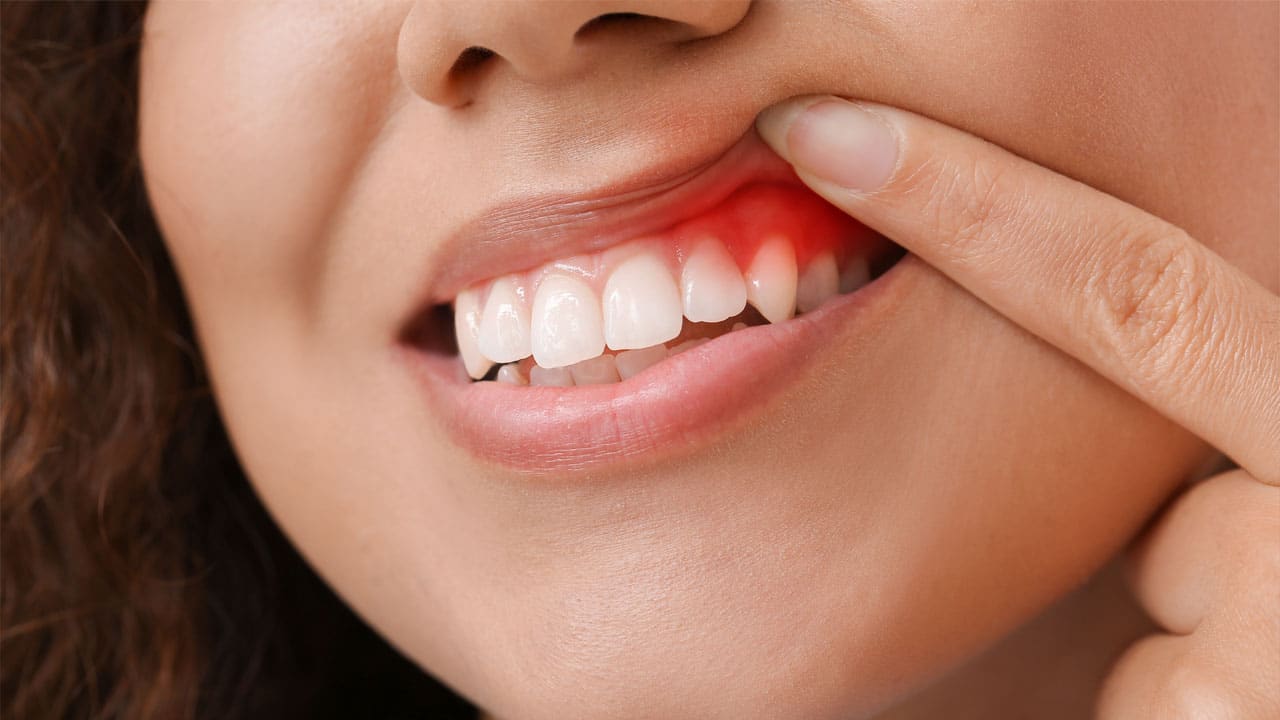How to Treat Periodontal Disease

Periodontal disease is a serious oral health condition that affects the gums and supporting structures of the teeth. It is caused by a build-up of bacterial plaque on the teeth and gums, and if left untreated, it can lead to tooth loss. According to the Centers for Disease Control and Prevention (CDC), almost half of American adults aged 30 and older have some form of periodontal disease.
Early detection and treatment are crucial when it comes to managing periodontal disease. The disease can often be reversed with proper oral hygiene and regular dental cleanings if caught in the early stages, known as gingivitis.
However, if left untreated, gingivitis can progress to a more severe form of the disease known as periodontitis. Treatment options become more invasive at this stage and may include scaling and root planing, antibiotic therapy, and surgery.
Symptoms of Periodontal Disease
Periodontal disease symptoms include red, swollen gums, bleeding gums, receding gums, loose or shifting teeth, and persistent bad breath. These symptoms may not always be present in the early stages of the disease, making it important to schedule regular dental check-ups to detect the disease early.
Treatment Options
Treatment options for periodontal disease include scaling and root planing, antibiotic therapy, surgery, and more frequent hygiene cleanings.
Scaling and Root Planing
Scaling and root planing remove tartar and plaque from the teeth and roots. To minimize discomfort, your dentist uses a local anesthetic before using a scaler to remove tartar from your teeth and flush plaque from the gum pockets.
Then they gently push aside your gum tissue to expose the surface of the tooth roots and use a scaler to chip away tartar. This helps your gums reattach to your teeth. A 2015 review of 72 journal articles found that scaling and root planing reduced the pocket gap between teeth and gums by 0.5 millimeters on average.
To help monitor your gum health, your dentist will put you on a periodontal maintenance cleaning schedule so you return for a hygiene cleaning once every three months instead of six.
Antibiotic Therapy
Topical and oral antibiotics help control bacterial infection. Topical antibiotics may include a prescription mouth rinse or gel injected into the gum pockets after scaling and root planing.
Surgical Treatments
Surgery may be necessary in advanced cases to repair damage to the gums and supporting structures of the teeth. These treatment options are often recommended based on the stage of the disease.
- Flap Surgery. To reduce the size of the gum pockets, your dentist makes tiny incisions in your gums and cleans your tooth roots. If there are signs of bone loss, they will recontour the bone before the gum tissue is sutured back into place. Once you heal, it is easier to keep these areas clean because the gum pockets are smaller.
- Soft Tissue Grafts. If your gum line has receded, your dentist will remove a small amount of tissue from your palate or use tissue from a donor and attach it to the affected surface. This covers exposed roots and improves your smile.
- Bone Grafting. If periodontitis has destroyed the bone surrounding the tooth, you may be prescribed a bone grafting procedure. Your dentist uses small fragments of your own bone or donated or synthetic bone to restore your bone tissue and encourage the regrowth of your natural bone. The bone graft helps to hold your tooth in place, preventing tooth loss.
- Guided Tissue Regeneration (GTR). To help promote the regrowth of bone destroyed by bacteria, your dentist places a piece of biocompatible fabric between the affected bone and tooth. The material allows the bone to regenerate by preventing unwanted soft tissue from entering the site, enabling the bone to support the tooth.
Take Charge of Your Oral Health
If you suspect you may have periodontal disease or want to learn more about preventing it, we encourage you to schedule an appointment with us. Our experienced dentists and dental hygienists will evaluate your oral health and recommend the best treatment for your smile. Take charge of your oral health today and make an appointment with Hinsdale Dental by calling (630) 323-5200.
Return to Blog